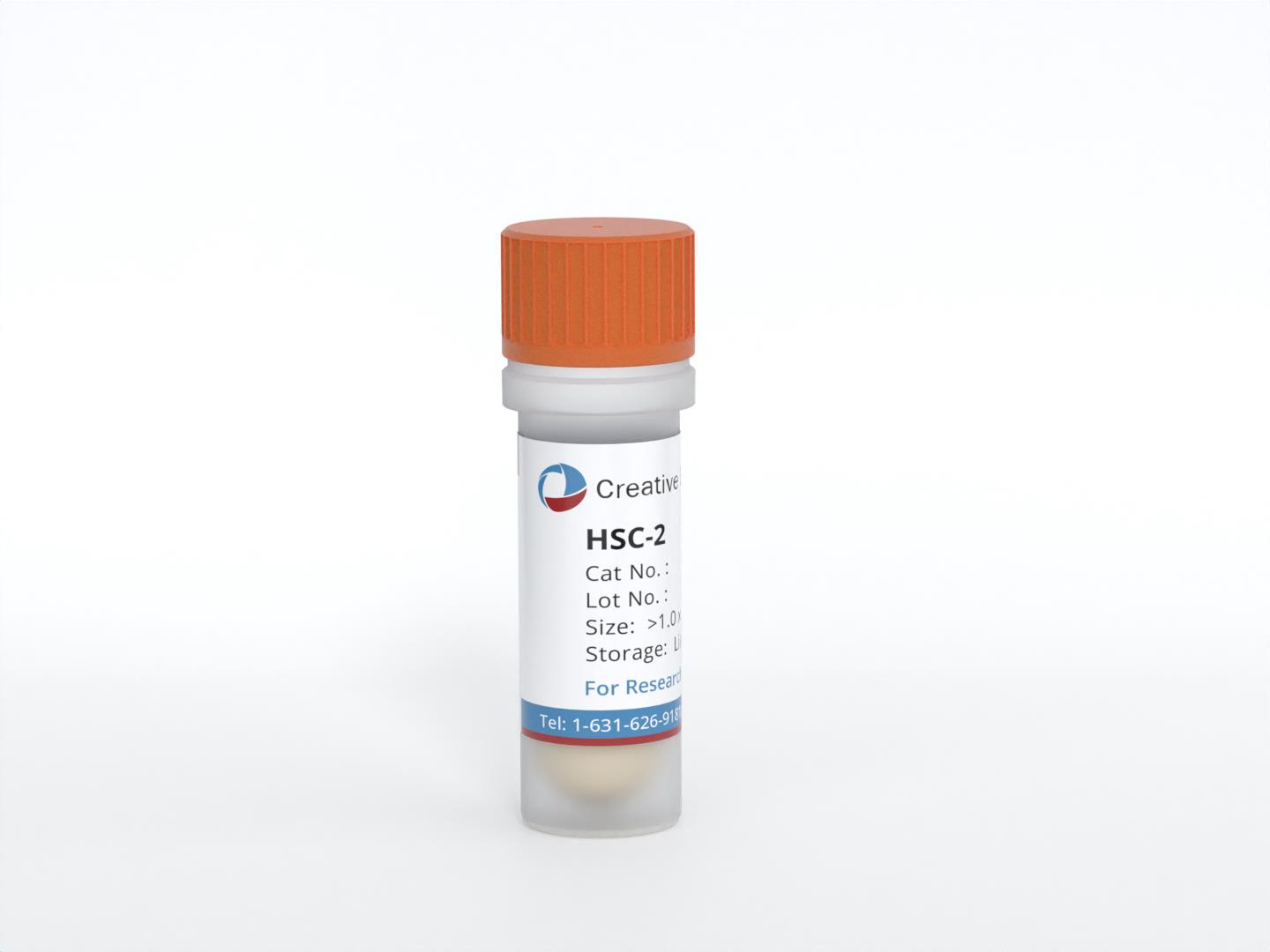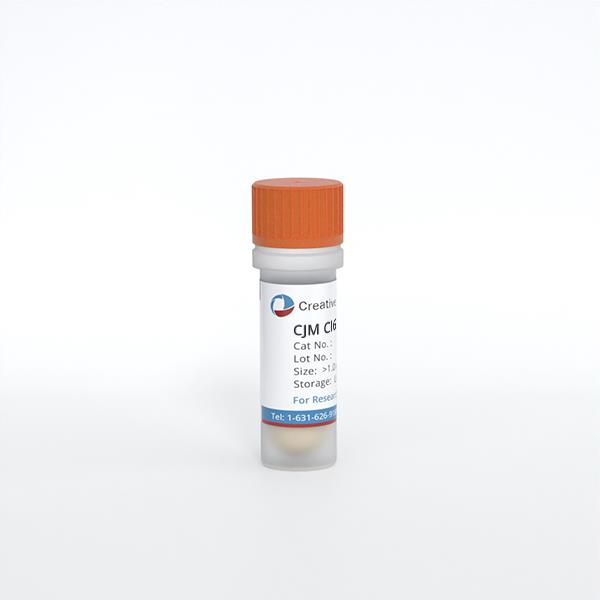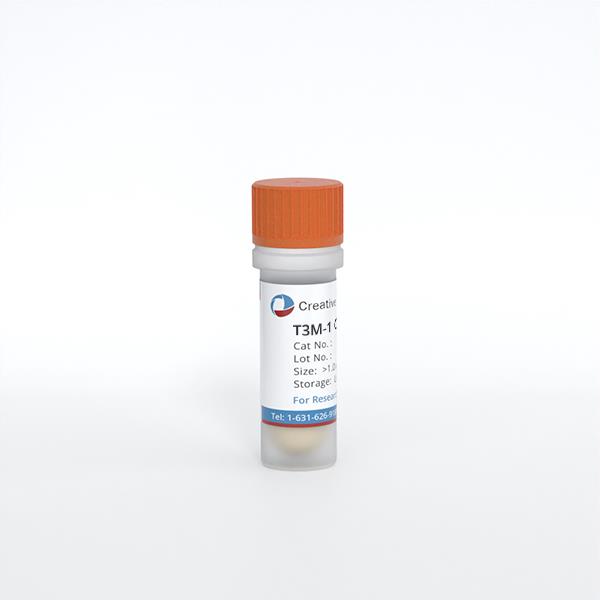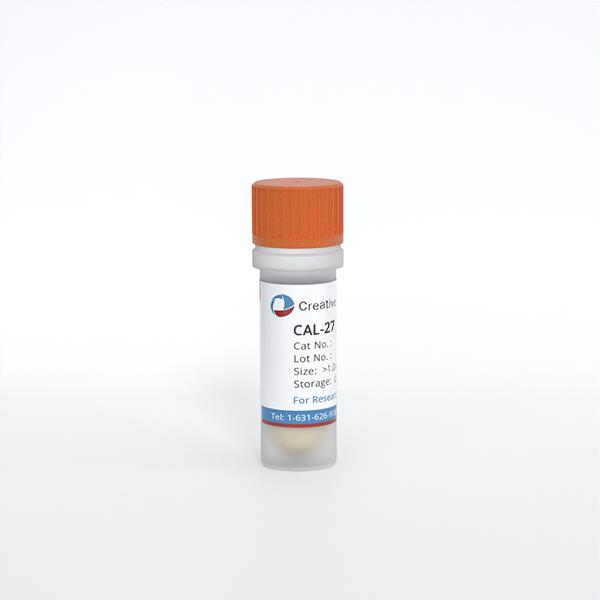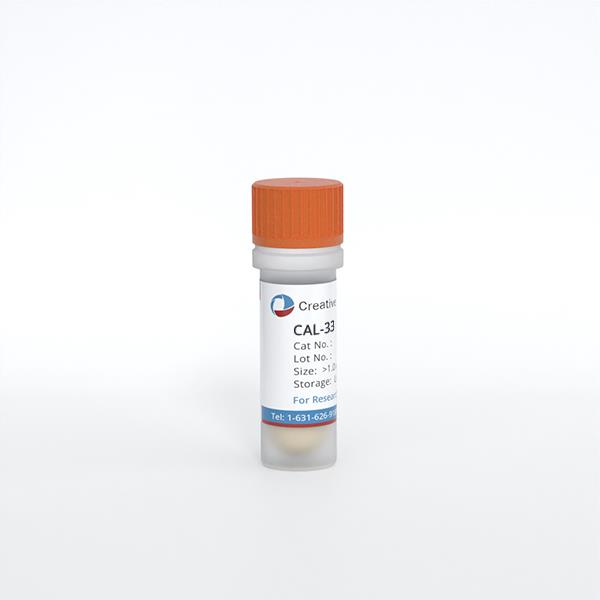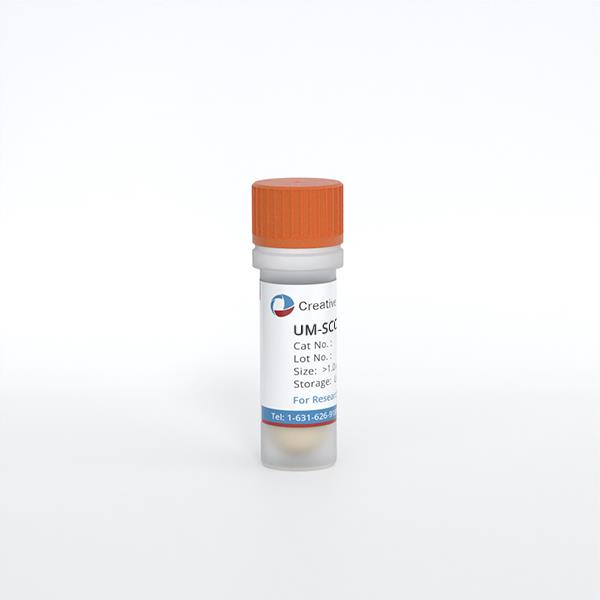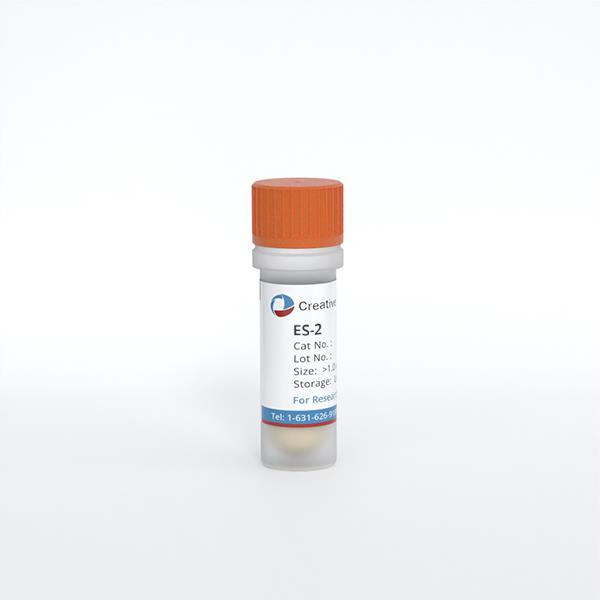
ES-2
Cat.No.: CSC-C8230L
Species: Homo sapiens (Human)
Source: Ovary
Morphology: Fibroblast
Culture Properties: adherent
- Specification
- Q & A
- Customer Review
Cat.No.
CSC-C8230L
Description
The ES-2 cell line was established from a surgical tumor specimen taken from a 47 year old black woman. This cell line was isolated from a poorly differentiated ovarian clear cell carcinoma.Initially, the cells were grown in soft agar.The cells exhibit low to moderate resistance to a number of chemotherapeutic agents including doxorubicin, cisplatin, carmustine, etoposide and cyanomorpholinodoxorubicin (MRA-CN). ES-2 cells express low levels of P glycoprotein.
Species
Homo sapiens (Human)
Source
Ovary
Recommended Medium
Culture Properties
adherent
Morphology
Fibroblast
STR DNA Profile
Amelogenin: X
CSF1PO: 10,15
D13S317: 11
D16S539: 11,13
D5S818: 11,13
D7S820: 11
THO1: 9.3
TPOX: 8,12
vWA: 16,17
CSF1PO: 10,15
D13S317: 11
D16S539: 11,13
D5S818: 11,13
D7S820: 11
THO1: 9.3
TPOX: 8,12
vWA: 16,17
Karyotype
This line has a complex hyperdiploid karyotype of 66XX to 88XX.
Disease
Ovarian Clear Cell Adenocarcinoma
Quality Control
Tests for mycoplasma, bacteria and fungi were negative
Storage and Shipping
liquid nitrogen vapor phase
Synonyms
ES2
Citation Guidance
If you use this products in your scientific publication, it should be cited in the publication as: Creative Bioarray cat no.
If your paper has been published, please click here
to submit the PubMed ID of your paper to get a coupon.
Ask a Question
Write your own review
- You May Also Need
Related Products
Featured Products
- Adipose Tissue-Derived Stem Cells
- Human Neurons
- Mouse Probe
- Whole Chromosome Painting Probes
- Hepatic Cells
- Renal Cells
- In Vitro ADME Kits
- Tissue Microarray
- Tissue Blocks
- Tissue Sections
- FFPE Cell Pellet
- Probe
- Centromere Probes
- Telomere Probes
- Satellite Enumeration Probes
- Subtelomere Specific Probes
- Bacterial Probes
- ISH/FISH Probes
- Exosome Isolation Kit
- Human Adult Stem Cells
- Mouse Stem Cells
- iPSCs
- Mouse Embryonic Stem Cells
- iPSC Differentiation Kits
- Mesenchymal Stem Cells
- Immortalized Human Cells
- Immortalized Murine Cells
- Cell Immortalization Kit
- Adipose Cells
- Cardiac Cells
- Dermal Cells
- Epidermal Cells
- Peripheral Blood Mononuclear Cells
- Umbilical Cord Cells
- Monkey Primary Cells
- Mouse Primary Cells
- Breast Tumor Cells
- Colorectal Tumor Cells
- Esophageal Tumor Cells
- Lung Tumor Cells
- Leukemia/Lymphoma/Myeloma Cells
- Ovarian Tumor Cells
- Pancreatic Tumor Cells
- Mouse Tumor Cells
Hot Products
